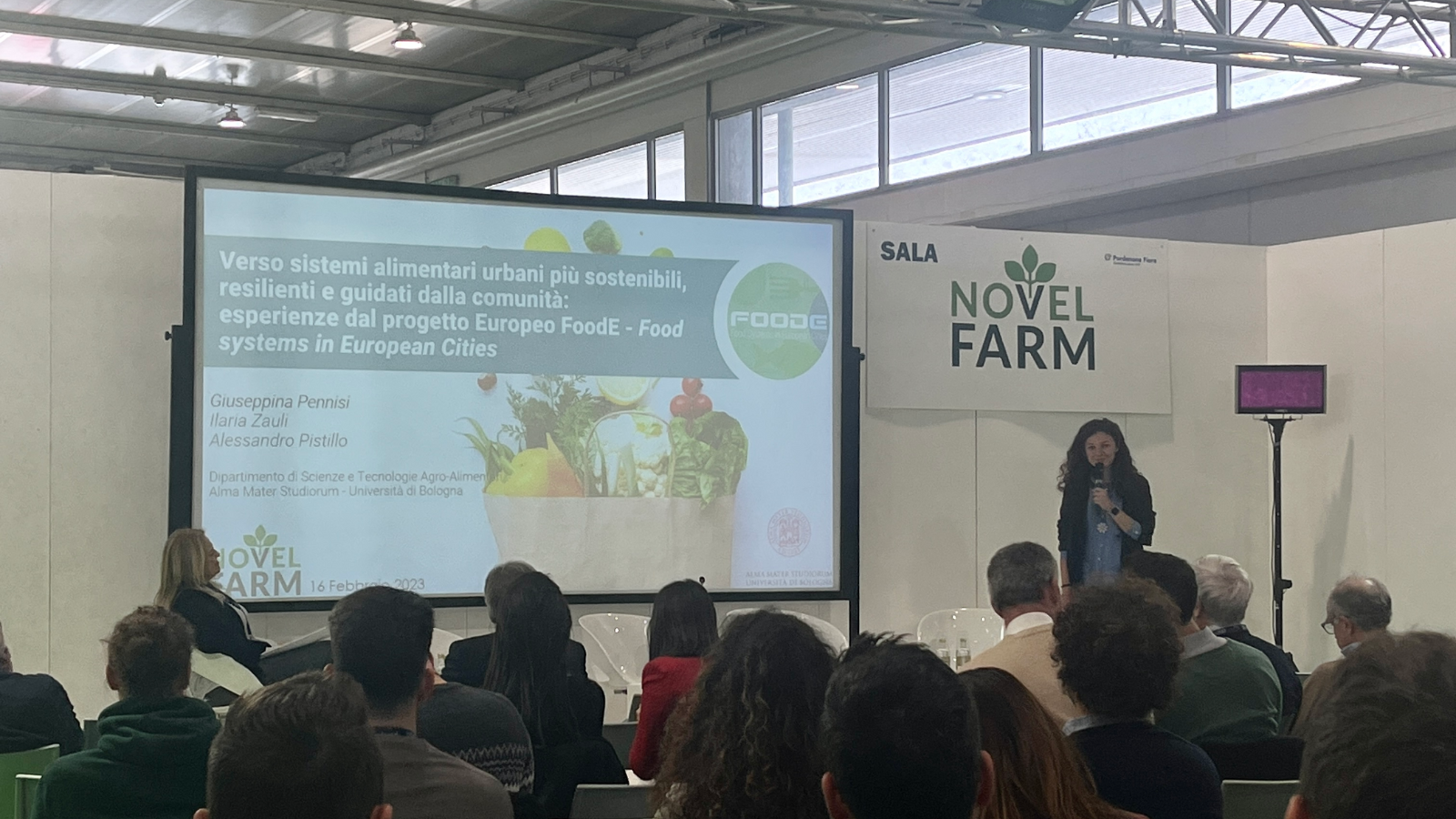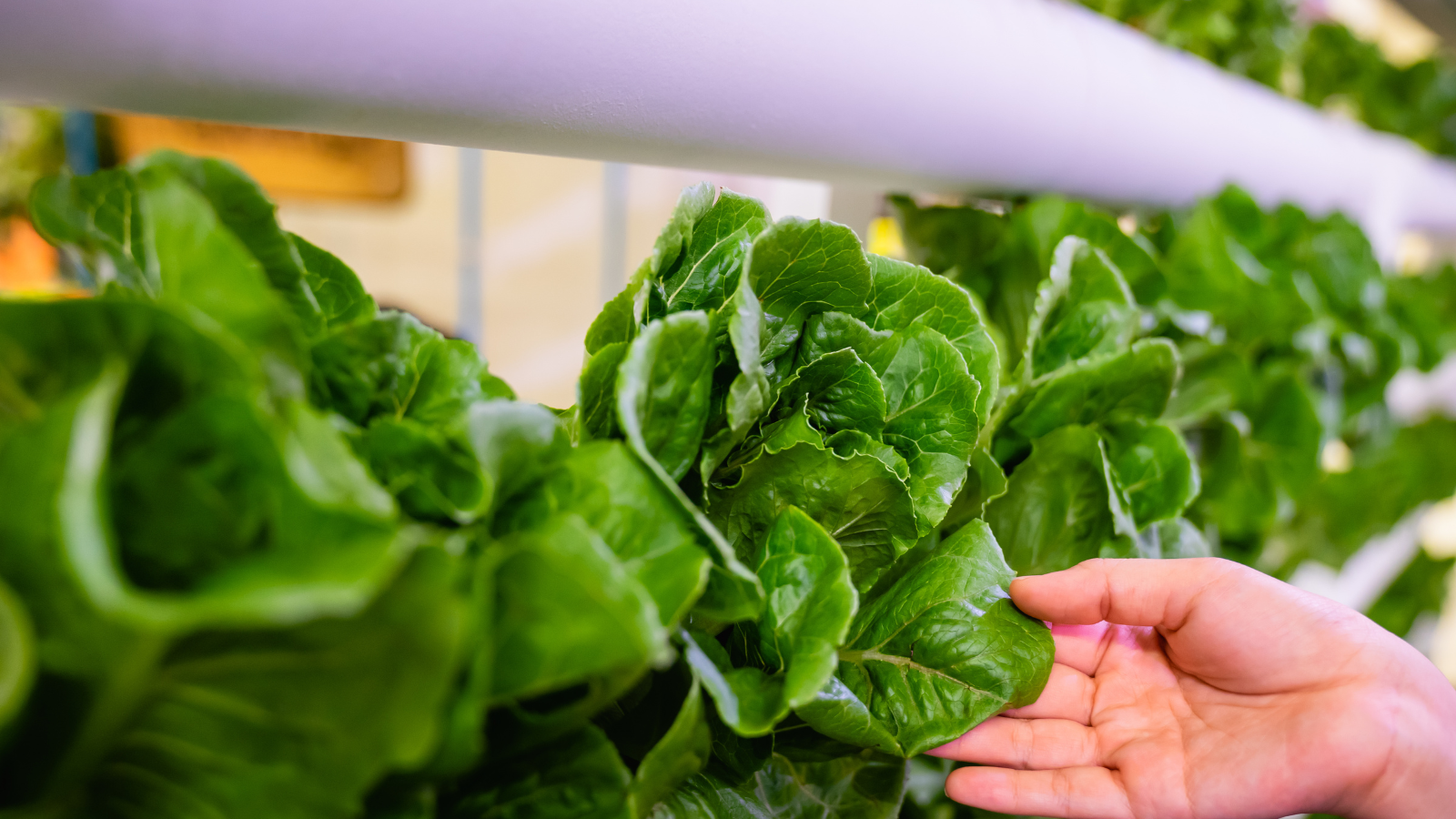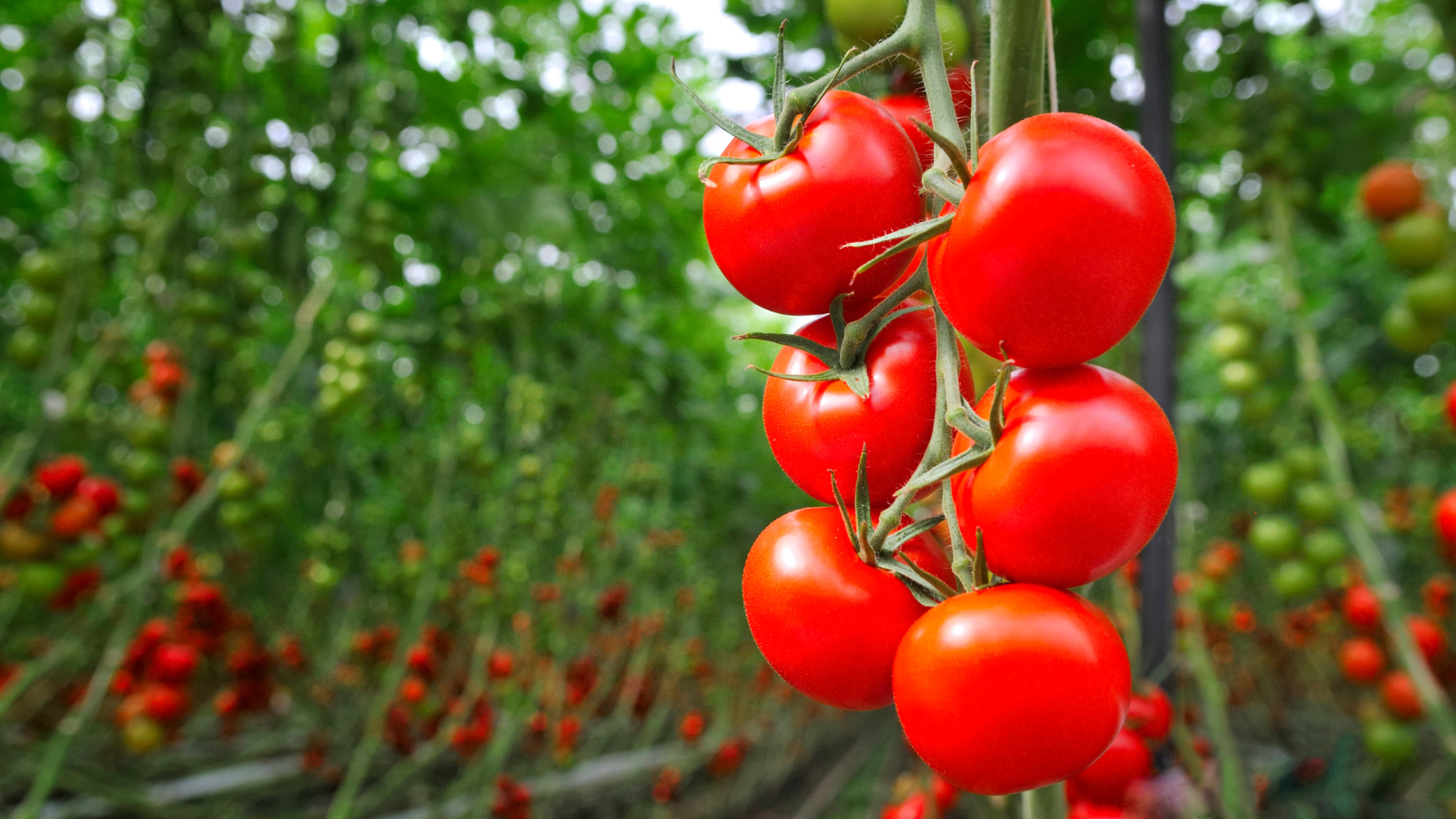Nabolagshager is recognised as one of the most respected and innovative stakeholders in urban agriculture in Norway. From their start in 2013, the company has been a renowned pioneer. As one of the partners of the FoodE project, it aims to push for sustainable and local food production throughout Europe.
Recently, as a part of the research for the coming national strategy of urban agriculture, the Norwegian Minister of Agriculture and Food, Olaug Bollestad, paid the pioneers a visit. Tasting this year’s award-winning honey harvest was an extra bonus.
- “It is inspiring to see how Nabolagshager, through urban farming and beekeeping, creates meaningful jobs for young people, and at the same time give us a greener city“, says Minister of Agriculture and Food, Mrs. Olaug Bollestad.
- “It is great to see that urban agriculture creates places where people can meet across cultures and social groups - and learn from each other. Green urban spaces with edible plants are important for both body and soul. We humans need contact with soil and nature for us to thrive”, says Bollestad.
According to the Minister, Nabolagshager provides inspiring examples of sustainability in practice. Both the environment, economy and the social elements are included here.
Buy local and edible gifts this year
Locally sourced food and drinks are environmentally friendly and increasingly popular as corporate gifts. Small producers in both urban and rural areas provide tasty gift ideas. In Oslo, the honey products from Nabolagshager are good examples. Urban biodiversity and the inclusion of minority youth give the products extra value.
National strategy for urban agriculture
The Norwegian Ministry of Agriculture and Food is currently working closely with five other ministries to create a national strategy for urban agriculture. The goal of this work is to facilitate urban agriculture in cities and towns. The ambitions for the strategies are high. It is expected to contribute to sustainable urban development, social inclusion, education and training, knowledge, innovation and climate adaptation. The strategy is expected to be launched in the first half of 2021.





